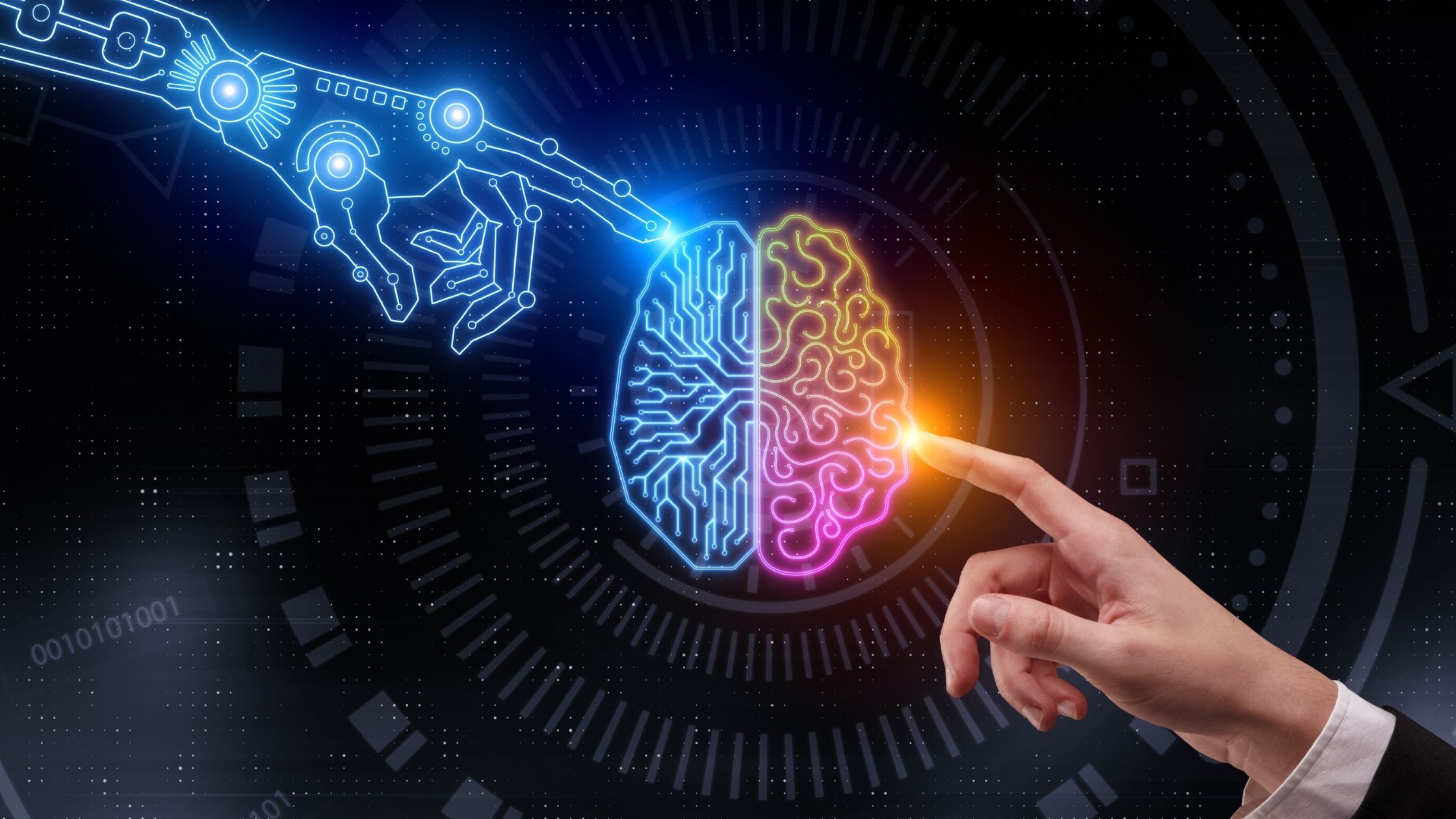A cognitive computer or system learns at scale, reasons with purpose, and organically interacts with humans. Instead of being explicitly designed, these systems learn and reason based on their interactions with humans and their experiences with their surroundings. Cognitive computing overlaps with AI and employs similar technology to power cognitive applications. In this blog, we discuss Cognitive artificial intelligence.
Cognitive AI
Individual technologies that execute certain tasks to aid human intelligence are referred to as cognitive computing. Essentially, they are intelligent decision support systems with which we have been collaborating since the dawn of the internet boom. With recent technological advances, these support systems simply use better data and algorithms to perform a better analysis of a massive amount of data.
You can also refer to Cognitive Computing as:
Reasoning comprehension and simulation
Recognizing and replicating human behaviour
The use of cognitive computing systems aids in the making of better human decisions at work. Cognitive computing applications include speech recognition, sentiment analysis, face detection, risk assessment, and fraud detection. Now that you understand what cognitive computing is, let’s look at how cognitive AI works.
How Does Cognitive Computing Operate?
To offer appropriate replies, cognitive computing systems synthesize data from diverse information sources while balancing context and opposing evidence. Cognitive systems include self-learning technologies that use data mining, pattern recognition, and natural language processing (NLP) to understand how the human brain works.
Using computer systems to solve problems that should be done by humans necessitates massive amounts of structured and unstructured data. Cognitive systems learn to perfect the way they discover patterns and interpret data over time, allowing them to anticipate new issues and model potential solutions.
Cognitive computing systems must have a few critical characteristics in order to attain these capabilities.
Adaptive: Cognitive systems must be adaptable enough to understand changes in information. Furthermore, the systems must be capable of digesting dynamic data in real-time and making adjustments as the data and environment change.
Interactive: Human-computer interaction (HCI) is an important component of cognitive systems. Users must be able to communicate with cognitive machines and define their requirements as they evolve. In addition, the technologies must be able to communicate with other processors, devices, and cloud platforms.
Stateful: These systems must also be capable of identifying difficulties by asking inquiries or requesting further data if the problem is incomplete. The systems accomplish this by storing knowledge about previous similar instances.
Cognitive AI Smart IoT Applications: This involves linking and optimizing devices, data, and the IoT. But, assuming we obtain additional sensors and devices, the big question is how we’ll connect them.
AI-Enabled Cybersecurity: Using data security encryption and better situational awareness enabled by AI, we can combat cyber-attacks. This will enable document, data, and network locking through the use of smart distributed data secured by an AI key.
Content AI: A cognitive intelligence-powered solution that continuously learns and reasons and can combine location, time of day, user behaviours, semantic intensity, intent, sentiment, social media, contextual awareness, and other variables.

Leave a Reply